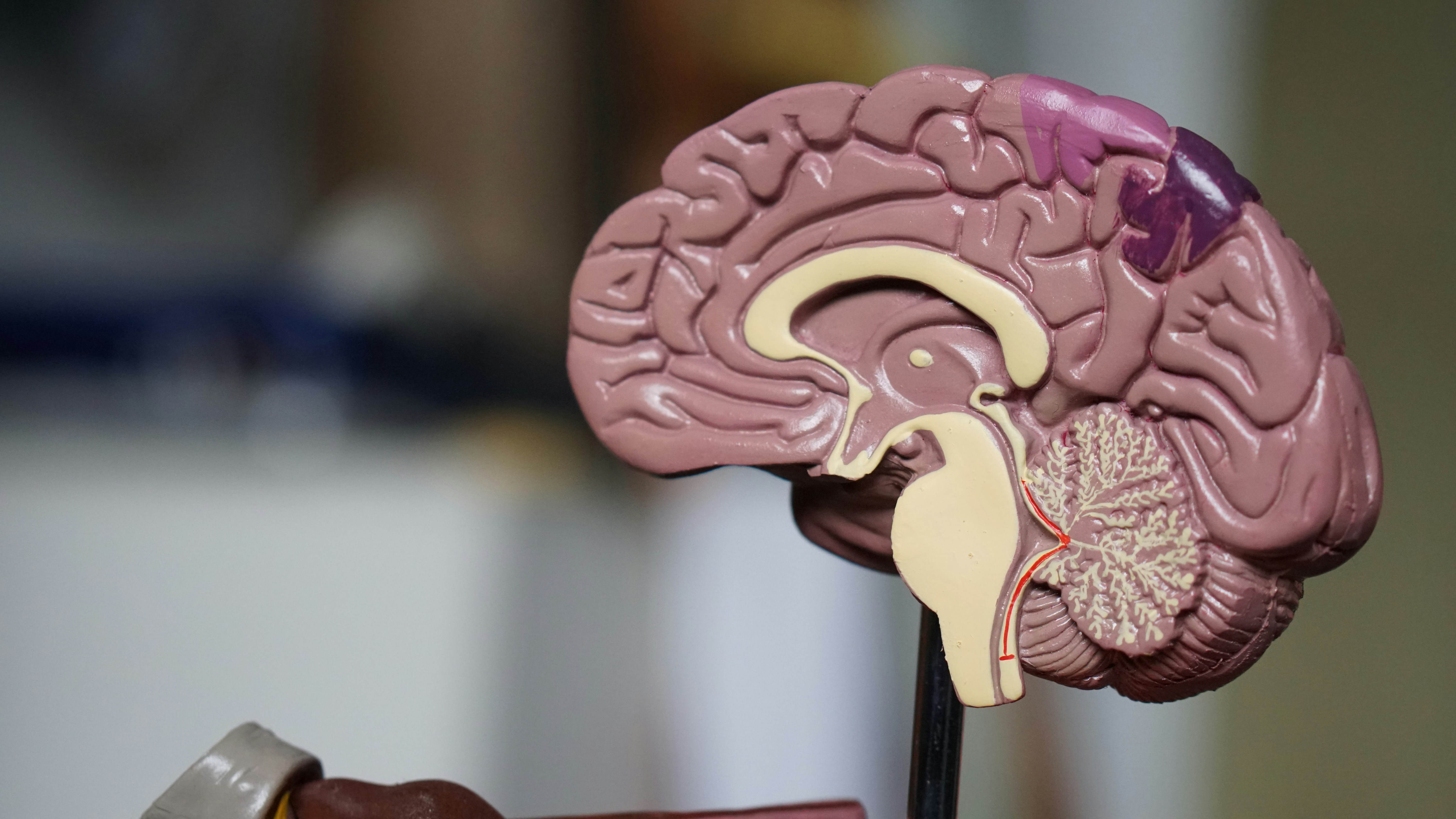Media release
From:
Revised Diagnostic Criteria for Vascular Cognitive Impairment and Dementia—The VasCog-2-WSO Criteria
JAMA Neurology
About The Study:
The International Society for Vascular Behavioural and Cognitive Disorders (VasCog)-2- WorldStroke Organization (WSO) criteria update the VasCog criteria for the diagnosis of vascular cognitive impairment and dementia (VCID), providing operationalization and additional guidance on potential neuroimaging and fluid biomarkers. VasCog-2-WSO should provide an international standard for VCID diagnosis, facilitating diagnostic consistency among clinicians and researchers.
(doi:10.1001/jamaneurol.2025.3242)
Journal/
conference:
JAMA Neurology
Organisation/s:
The University of New South Wales, Centre for Healthy Brain Ageing (CHeBA), UNSW Sydney, Monash University, Garvan Institute of Medical Research
Funder:
This work was supported in part
by The Centre for Healthy Brain Ageing (CHeBA),
University of New SouthWales, supported by the
NHMRC Centres of Research Excellence (CRE)
scheme (RG203943; 2021-2026) (Drs Sachdev,
Bentvelzen, Jiang, Hosoki, Chander, Saks); grants
from Nederlandse organisatie voor
gezondheidsonderzoek en zorginnovatie (Dr Aben);
National Institutes of Health (Drs Briceno, Gorelick,
Pase); National Heart Foundation of Australia (Dr
Brodtmann); senior researcher scholarship (bolsa
de produtividade em pesquisa) from CNPq, Brazil
(Dr Caramelli); the National Medical Research
Council of Singapore (Dr Chen); Peter Duncan
Neuroscience Unit at St Vincent’s Applied Medical
Research Centre (Dr Cysique); MRC grant MR/
T001402/1 (Dr Geranmayeh); the French
Department of Health Direction Générale de l’Offre
Des Soins grant DGOS R1/2013/144 (Dr Godefroy);
NIHR Cambridge Biomedical Research Centre and
the Medical Research Council funded Dementias
Platform UK (Dr O’Brien); support from the
Australian National Health and Medical Research
Council Investigator grant (GTN2009264), Brain
Foundation and Alzheimer’s Association (Dr Pase);
Australian National Health and Medical Research
Council Investigator grant GTN2009264 (Dr Pase);
NIA South Texas Alzheimer’s Disease Center
Genetics and Multiomics Core grant P30
AG066546 (Dr Seshadri); NIHR Oxford Biomedical
Research Centre (Dr Pendlebury); research
fellowship grant from Alzheimer’s Association and
University of Geneva (Dr Sveikata); UK Dementia
Research Institute funded by the Medical Research
Council, Alzheimer’s Society, and Alzheimer’s
Research UK (DrWardlaw).



 Australia; NSW; VIC
Australia; NSW; VIC



